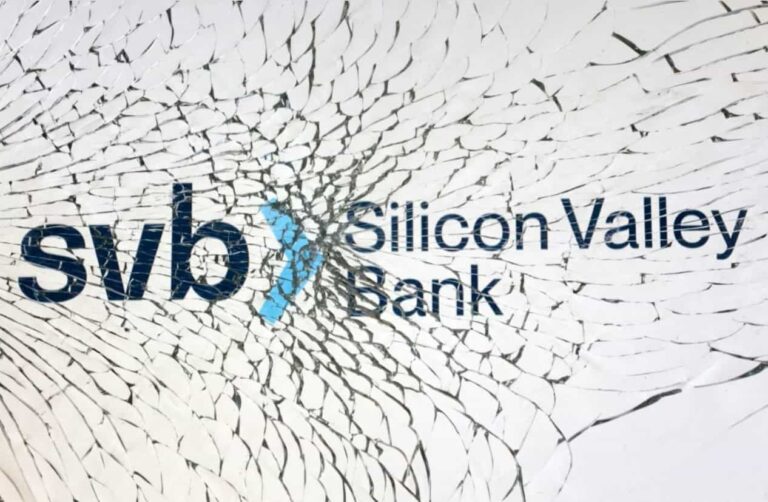Many industry experts believe that despite the fears and concerns plaguing stock markets these days, it is unlikely that the Silicon Valley Bank case will infect the entire global banking system, resulting in a banking pandemic.
Table of Contents
SVB is not Lehman Brothers
Upon news of Silicon Valley Bank’s failure, many people’s first thoughts turned to Lehman Brothers Holdings Inc. whose failure in 2008 triggered a massive global financial crisis.
In response to these thoughts, many analysts and experts have seen fit to point out that Silicon Valley Bank is not a new Lehman.
And although the crisis that resulted from the failure of the U.S. bank has all the makings of a real financial earthquake whose effects may erode much of the financial system, there is a profound difference between what is happening these days and what happened in 2008.
Starting with the mobilization of the government.
The U.S. government will not bail out Svb
The U.S. government’s intervention in the Silicon Valley Bank case is a central element in understanding the evolution of the crisis. And is an indispensable element in stemming it before it can possibly infect other banking institutions.
In this regard, the Treasury secretary stressed that the government’s intervention in the affair is not a bailout of Svb.
Neither the government, nor the Federal Reserve, nor the SEC, has an interest in saving Silicon Valley Bank. The interest, the secretary stressed, is to prevent a contagion of the banking system.
The Silicon Valley Bank crisis
Silicon Valley Bank’s crises began as a result of certain choices derived from the boom in the high tech sector and the increase in bank deposits during the Covid-19 pandemic.
This led the Bank to acquire a series of investments and acquisitions in mortgage and treasury-related securities, amounting to more than $91 billion. Securities that were devalued by up to $15 billion due to inflation.
To stem the internal crisis Svb attempted a capital increase aimed at recovering capital to cover all deposits. An attempt that was not very successful. And was perceived as a wake-up call to the bank’s customers. Who therefore tried to liquidate their accounts at the institution.
The haemorrhaging of capital from the bank and the institution’s inability to cover these demands resulted in the bank’s own bankruptcy.
Failure that dented the financial markets, especially for high tech, banking, and cryptocurrency-related stocks, causing losses on most of the world’s stock markets on Monday, March 13.
A buyer is sought for SVB
Among the first effects of the Silicon Valley Bank crisis is HSBC’s acquisition of Svb UK, the UK subsidiary of Silicon Valley Bank, for a nominal amount of 1 pound.
What happened in the U.K. could repeat in the U.S. Currently, in fact, promoting the acquisition of Silicon Valley Bank, there is also the White House.
The U.S. government is active in seeking a possible buyer for the banking institution. Although, as of now, most U.S. banking and financial institutions seem uninterested in acquiring and relisting a majority stake in Silicon Valley Bank.
Unlikely global contagion
Although panic is raging on U.S. and European stock markets first and foremost, and the U.S. government is engaged in the forefront of efforts to prevent the Svb crisis from infecting other banking institutions, most analysts believe global contagion of the crisis is unlikely.
Although Silicon Valley Bank is one of the 16 largest banks in the U.S., its business outside the U.S. is minimal.
In Europe, it has a presence with the Svb UK subsidiary. Which has already been taken over by HSBC, and a few other businesses. As European banks have few interests related to the bank, its failure does not affect the European or Asian markets.
Not directly at least, what affects Europe is not the bank failure but the matrix of its failure. Silicon Valley Bank is not the only bank that has seen an increase in its deposits during the pandemic. And, it is not the only bank that has invested in mortgage and treasury-related securities.
Which, with rising inflation and policies to curb it, have lost value. Thus the possibility that other banking institutions may have similar problems to Silicon Valley Bank’s is not to be ruled out a priori.
Read also: AI in the stock exchange, experts see risk of a financial speculative bubble












